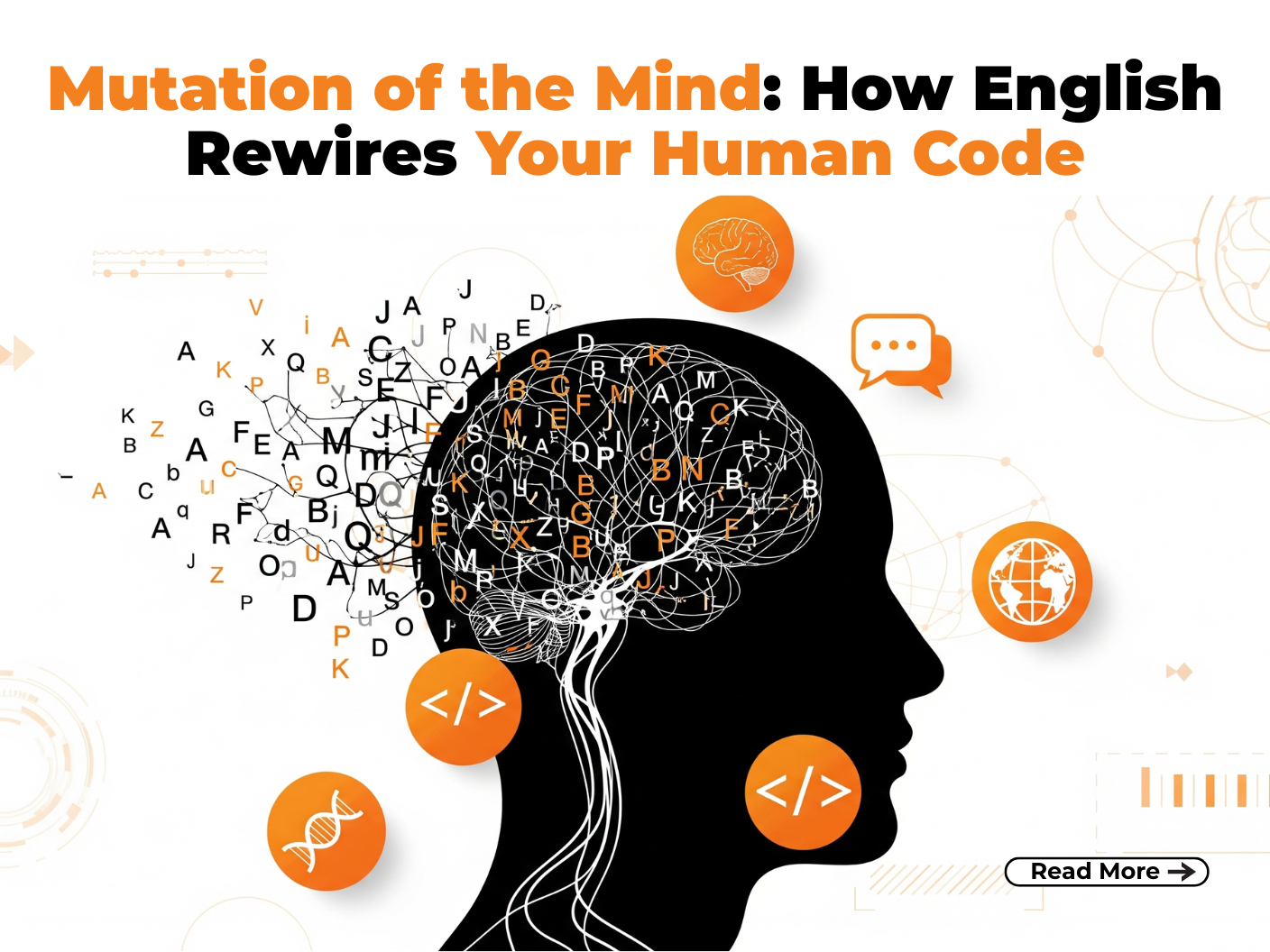Choosing engineering courses after 12th is a crucial decision that shapes a student’s future, offering vast opportunities in various specialized fields. Engineering remains one of the most respected and rewarding professions, allowing students to contribute to technological and infrastructural advancements.
With a wide range of options available, students can explore the best engineering courses after 12th, from traditional fields like mechanical and civil engineering to emerging areas like AI, robotics, and data science. For those looking for the best engineering courses after 12th for female students, fields such as computer science, biomedical engineering, and electronics offer excellent career prospects.
List of Top Engineering Courses After 12th
In this guide, we’ll provide a list of engineering courses after 12th, including the top engineering courses after 12th, eligibility criteria, and admission process for 2025, helping you choose the right path for a successful career.
- Civil Engineering
Overview: Civil Engineering remains one of the foundational branches, focused on designing, constructing, and maintaining infrastructure like buildings, roads, bridges, and dams. It’s an essential field for urban planning and public works.
Eligibility:
- Successful completion of 10th grade with subjects like Physics, Chemistry, and Mathematics.
- Typically, students must be at least 16 years old.
Admission Process:
- Most institutions require students to clear entrance exams such as JEE Main, or state-specific exams.
- Some colleges may offer direct admission based on performance in the 10th-grade exams.
- Mechanical Engineering
Overview: Mechanical Engineering is a broad and diverse branch that combines principles from physics and mathematics to solve engineering problems. It involves designing and manufacturing mechanical systems and devices, such as engines, machinery, and tools.
Eligibility:
- Completion of 10th grade with Mathematics, Physics, and Chemistry.
- A minimum of 50% in aggregate marks.
Admission Process:
- Admission is generally based on entrance exams like JEE Main, BITSAT, or state-level exams. Some private institutions may conduct their own exams or offer direct admission.
- Computer Science Engineering (CSE)
Overview: Computer Science Engineering (CSE) has gained immense popularity due to the increasing reliance on technology. It covers areas like software development, artificial intelligence, machine learning, and data science. Graduates of CSE often find lucrative career opportunities in IT and tech industries.
Eligibility:
- Completion of 10th grade with a strong focus on Mathematics.
- A minimum of 50% in the board exams.
Admission Process:
- Most top-tier colleges admit students based on entrance exams like JEE Main, BITSAT, and VITEEE. Some private universities also offer merit-based admissions.
- Electrical Engineering
Overview: Electrical Engineering deals with the study and application of electricity, electronics, and electromagnetism. It is crucial in power generation, telecommunications, and the development of electrical devices and systems.
Eligibility:
- Students must have completed 10th grade with Mathematics, Physics, and Chemistry.
- Typically, students need at least 50% in their board exams.
Admission Process:
- Electrical Engineering programs require students to pass entrance exams such as JEE Main, BITSAT, or state-level tests. Some institutions may consider 12th-grade results for direct admission.
- Aerospace Engineering
Overview: Aerospace Engineering focuses on the design, development, and testing of aircraft and spacecraft. This branch combines principles of aerodynamics, materials science, and propulsion systems, and it appeals to students with a passion for aviation and space exploration.
Eligibility:
- Completion of 10th grade with strong foundations in Physics, Chemistry, and Mathematics.
- A minimum of 50% marks in the board exams.
Admission Process:
- Aerospace Engineering courses typically require students to clear entrance exams such as JEE Main, BITSAT, or institution-specific tests.
- Chemical Engineering
Overview: Chemical Engineering involves the transformation of raw materials into valuable products through chemical processes. This branch applies chemical, physical, biological, and mathematical principles to design processes for producing chemicals, pharmaceuticals, and energy solutions.
Eligibility:
- Completion of 10th grade with subjects like Physics, Chemistry, and Mathematics.
- A minimum of 50% in the board exams.
Admission Process:
- Admission is typically through national entrance exams like JEE Main or state-level exams. Some universities may also offer merit-based admissions.
- Information Technology (IT) Engineering
Overview: IT Engineering focuses on the use and development of technology to store, retrieve, and manage data. It is closely related to Computer Science but with a broader emphasis on networks, systems administration, and database management.
Eligibility:
- 10th-grade completion with Mathematics, Science, and English.
- A minimum of 50% aggregate marks.
Admission Process:
- IT Engineering admissions are typically through entrance exams like JEE Main, BITSAT, or state-specific exams. Some private institutions may admit students based on merit.
- Automobile Engineering
Overview: Automobile Engineering, a subset of Mechanical Engineering, focuses on the design, development, and manufacturing of vehicles. It covers areas such as engine design, vehicle dynamics, and electronics systems.
Eligibility:
- Completion of 10th grade with subjects like Physics, Chemistry, and Mathematics.
- A minimum of 50% marks.
Admission Process:
- Students must typically clear entrance exams like JEE Main or BITSAT, with some colleges offering direct admission based on merit.
Best Engineering Courses After 12th
While the list of engineering courses after 10th is extensive, many students opt for more advanced engineering specializations after completing their 12th grade. Here are some of the best options for those who decide to pursue engineering after 12th:
- Best Engineering Courses After 12th for Female Students:
In recent years, more female students are pursuing fields like Biomedical Engineering, Aerospace Engineering, Chemical Engineering, and Environmental Engineering, along with the traditional choices such as Civil and Computer Science Engineering. - Top Engineering Courses After 12th:
Courses such as Computer Science Engineering, Electrical Engineering, Mechanical Engineering, and Civil Engineering are among the top choices due to their broad scope and career prospects. - List of Engineering Courses After 12th:
The list of engineering courses available after 12th includes not just traditional fields but also emerging fields like Data Science, Robotics, Artificial Intelligence, and Environmental Engineering, expanding career opportunities in newer technologies.
Admission Process for Engineering Courses After 12th
- Entrance Exams:
To gain admission into most engineering colleges, students need to clear competitive entrance exams like JEE Main, BITSAT, VITEEE, LPUNEST or state-level tests. These exams evaluate knowledge in Physics, Chemistry, and Mathematics, which are core subjects in engineering courses. - Merit-Based Admissions:
While most premier institutions focus on entrance exam scores, some colleges offer merit-based admissions that rely on 10th-grade performance. This is typically more common in private colleges. - Direct Admission:
Many private institutions provide direct admission to students through management quota. However, these seats often come at a higher cost, and the admission process may vary. - Counseling Process:
Once entrance exam results are announced, students need to participate in a counseling process. This is where they choose their preferred engineering course and college based on their exam rankings and available seats.
Conclusion
Choosing the right engineering course after 10th is a crucial step in shaping your career. With a diverse range of fields like Mechanical Engineering, Computer Science Engineering, and Chemical Engineering, there are abundant opportunities to explore and excel in the world of technology and innovation. By understanding the eligibility requirements, admission processes, and specializations available, you can make an informed decision that aligns with your strengths and career aspirations. Whether you are drawn to traditional branches or emerging fields like Robotics and Artificial Intelligence, the engineering profession offers a promising future for all.














